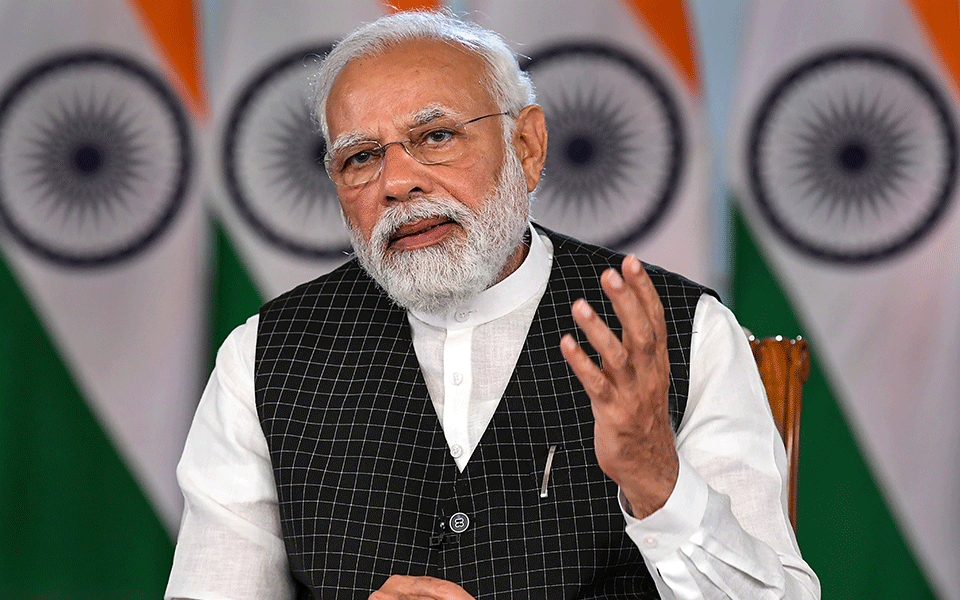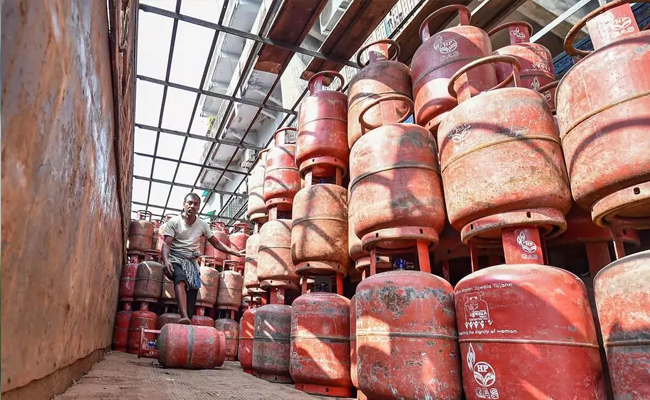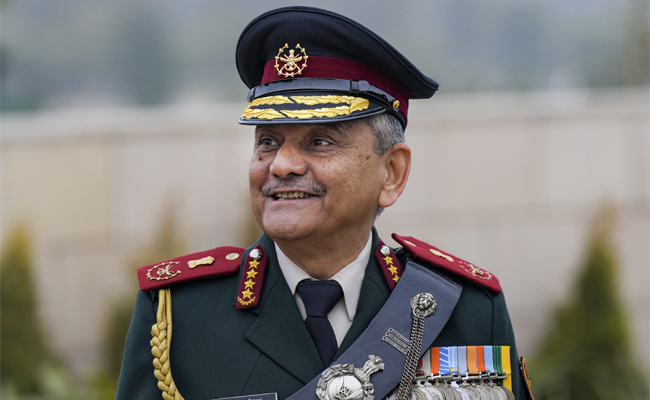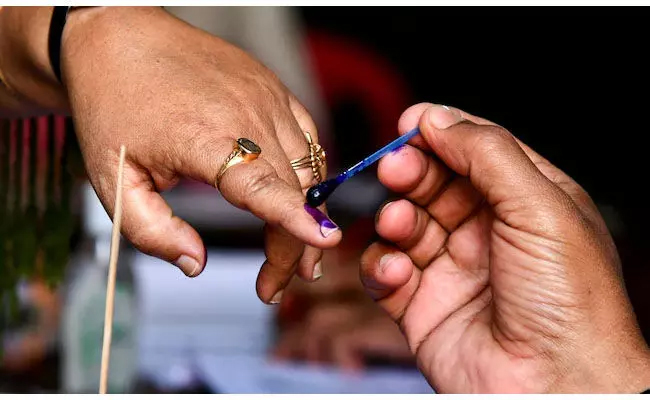New Delhi(PTI): Prime Minister Narendra Modi on Tuesday put 'tiranga' as the display picture of his social media accounts and urged people to do the same as part of a collective movement to celebrate the Tricolour.
Other senior BJP leaders, including Union Home Minister Amit Shah and party president J P Nadda followed suit.
In his Mann ki Baat radio broadcast on Sunday, Modi had said the 'Azadi Ka Amrit Mahotsav' is turning into a mass movement and urged people to put 'Tiranga' as the profile picture of their social media accounts between August 2 and 15.
"It is a special 2nd August today! At a time when we are marking Azadi Ka Amrit Mahotsav, our nation is all set for Har Ghar Tiranga, a collective movement to celebrate our Tricolour. I have changed the DP on my social media pages and urge you all to do the same," he said in a tweet this morning.
Modi also paid homage to the Pingali Venkayya, who had designed the flag, on his birth anniversary.
"Our nation will forever be indebted to him for his efforts of giving us the Tricolour, which we are very proud of. Taking strength and inspiration from the Tricolour, may we keep working for national progress," he said.
The BJP government has envisaged the 'Har Ghar Tiranga' initiative, urging people to unfurl the national flag at their homes between August 13-15.
It is a special 2nd August today! At a time when we are marking Azadi Ka Amrit Mahotsav, our nation is all set for #HarGharTiranga, a collective movement to celebrate our Tricolour. I have changed the DP on my social media pages and urge you all to do the same. pic.twitter.com/y9ljGmtZMk
— Narendra Modi (@narendramodi) August 2, 2022
Let the Truth be known. If you read VB and like VB, please be a VB Supporter and Help us deliver the Truth to one and all.
Thane (PTI): Authorities have seized illegally stored 1,839 gas cylinders and seven vehicles worth over Rs 67 lakh in the Dombivli MIDC area of Thane district, officials said on Saturday.
A special vigilance team of the Mumbai Rationing Department detected an illegal storage of domestic and commercial LPG cylinders in Phase-2 of Dombivli (East).
Cylinders belonging to multiple gas agencies were found stockpiled in closed vehicles, unauthorised warehouses, and open sheds without mandatory permissions from the Explosives Department, Fire Department, or oil companies, according to an official release.





